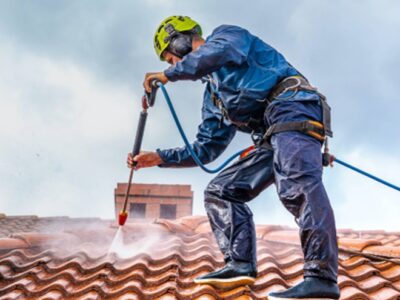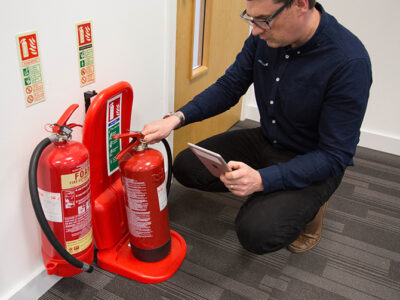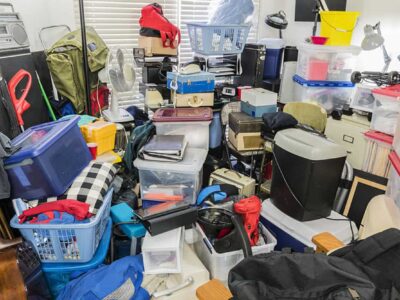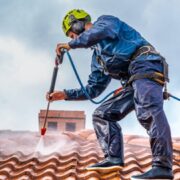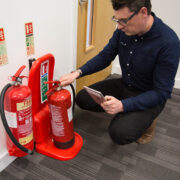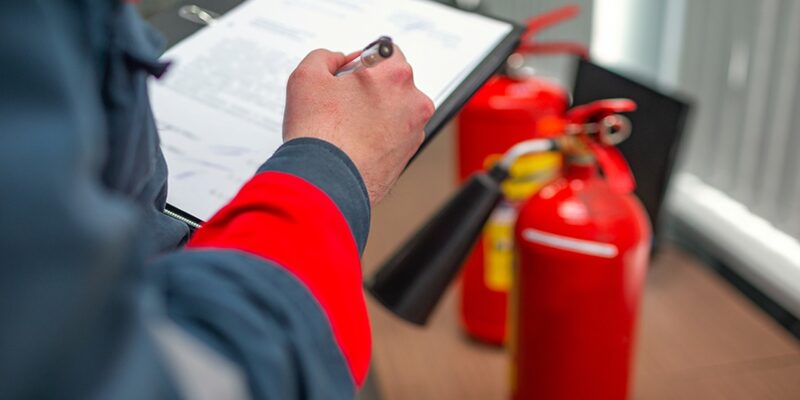
A fire is one of the most dangerous things that can happen to your home. It can cause irreparable damage and even the loss of life. To prevent this from happening, it is important that you do everything in your power to prevent fires from occurring through fire stopping. Putting out fires is one method for doing this. Any building’s design should include provisions for stopping fires. It’s an essential part of fire safety and helps prevent the spread of fire from one compartment to another.
You may not know what this term means, but it basically refers to the process of preventing a fire from spreading through a structure. This can be done by blocking holes with fireproof materials or by filling them up with foam or some other substance that will prevent flames from reaching their destination. If you’re designing a new building or refurbishing an existing one, it’s important to install fire windows and use fire-stopping materials that are suitable for the job.
Here are some basic fire-stopping tips everyone should know:
1. Install Smoke Detectors at Home.
Smoke detectors are one of the most effective methods you can use to detect smoke and alert you to the presence of a fire in your home. Even if you already have smoke detectors installed, make sure they’re working properly by testing them once every month or so by pushing the test button on each unit. This is a great fire stopping tip because it prevents the smoke that can be caused by an emergency fire situation.
2. Check the Electrical Wiring Regularly.
The best way to stop a fire is to prevent it from starting in the first place. Make sure all electrical equipment has been properly installed and maintained and that any damaged or worn-out wiring is repaired immediately. Always switch off electrical appliances when you leave them unattended or if you go out of your room or house for a long time. Don’t overload sockets by plugging in too many computers and other appliances. Also, it’s crucial to always be aware of your evacuation routes, such as fire windows.
3. Install Fire Stopping Devices Where They Are Needed the Most.
Install fire stops where they’re needed in your home. A common mistake homeowners make is not installing fire stops at the locations where they are required by code or recommended by their local fire department. For example, if you have a fireplace opening in your home, you’ll need to install an approved metal fire stop around it to keep flames from spreading through the gap between the fireplace and the flanking wall or ceiling.
4. Use High-Quality Materials.
Use fire-rated materials in areas where they are required by building regulations for fire stopping. These are usually rated for 30 minutes or more, but even if you don’t need them according to the regulations, they’ll make your building safer against fires anyway.
5. Always Have an Emergency Plan.
You should have an emergency strategy set up so that you are prepared to act in case of fire. Ensure every member of your family is familiar with emergency procedures and safe places to go. Knowing the fire windows around your home can help you build a better and more effective plan that can be used in times of emergency.
6. Know the Location of Your Fire Windows.
Fire windows help protect the structural integrity of your home, and they provide access for firefighters to fight any blaze that may occur. They allow firefighters to enter and exit through a window, rather than having to break down a door or window in order to get inside a burning building. This is highly useful in stopping a fire.
7. Purchase Some Fire Extinguishers.
Having a fire extinguisher in your home is a great fire stopping material. These aren’t just for when there’s already a fire; they’re also good for preventing one from ever starting up again. When you’re cooking or doing other activities that could lead to a grease fire, keep an extinguisher nearby just in case something goes wrong. This is useful for preventing a fire from spreading and causing more damage.
8. Know Your Building Codes
Every state has its own building code that specifies what types of fire stops are required for different situations. It’s important to follow these codes when designing or building a home or business because they’re designed to keep us safe from fires. For example, many states require firestop systems in all areas where combustible materials meet non-combustible materials.
In Summary
Fire stopping systems are important in any type of commercial building or residential home because they can prevent fires from spreading throughout the structure. Fire windows are a vital part of building design and construction as they can help reduce the risk of fire spreading. Fire stopping is not just about putting up fire doors and fire escape routes; it’s also about ensuring that there are no gaps in the building structure where a fire could spread. Moreover, one of the best ways to prevent fires from spreading is by installing fire stopping systems. These systems will stop the spread of fire in your home, preventing it from spreading from room to room and building up a head of steam.

